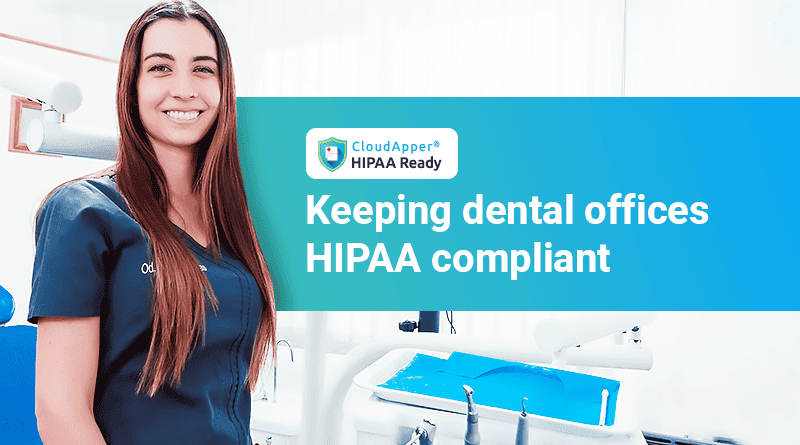Data violations of health records also occur because of a lack of knowledge or careless understanding of the HIPAA compliant practices, rules, and regulations. For several other external factors, patient data may also be jeopardized. In an effort to access information maintained by health providers, for example, cyber threats and hackers may be targeting your server.
However, the best way to avoid data breaches and ensure that the procedure and practices are compliant with HIPAA or at least is done is to keep the workers ready through rigorous training.
Failure to comply will never be beneficial. Failure to comply with HIPAA law will lead to serious monetary and disciplinary penalties. Fines may range from $10,000 to $1.5 million per infringement annually.
Not only should it end with civil penalties. Judicial sanctions can also be levied, depending on the seriousness of the breach. Health care providers must also adopt a corrective action plan that is very costly and difficult to adhere to.
The effective way to avoid such problems is to comply as closely as possible with HIPAA. This means organizations should comply with some good safety practices besides extensive training in HIPAA.
Good HIPAA Compliant Practices
- As discussed above, organizations should provide employees with sufficient updated HIPAA training on PHI (protected health information) handling which performs administrative functions on the health plan.
- Make sure that you do not share PHI with your staff or personal associates without PHI access.
- Try to prevent unnecessary access to patient health records unless a role is necessary or the patient agrees.
- Make sure that others are not able to hear the patient’s details in cases. Try, for example, to avoid talking in the public corridor about confidential patient health details. Often, try to stop using the full name of the patient within other people’s hearing distance.
- Make sure all of PHI’s paperwork is secured in files or locked while not in use. Health records and PHI should never be left unattended, even if viewed on computer screens.
- Computers that include ePHI should therefore not be left unattended if not in use. Under the HIPAA Security Rule, automatic timeout settings are recommended.
- Try not to e-mail PHI unless it is totally acceptable.
- Please be careful to print or fax PHI.
- Be sure that the company creates a backup for all the PHI. When a disaster such as a fire or an earthquake occurs, these documents can be readily obtained if a backup exists.
- Under the HIPAA protection rules, people with various levels of safety clearance should be allocated to prevent workers from seeing or modifying unintentionally information that does not pertain to their particular tasks.
- Please remember not to share with your employees, colleagues, or even family members your passwords.
- Make sure to shred them first before disposing of any information.
- Make sure the anti-virus program has been updated and that all computers are correctly configured.
The HIPAA criteria must also be followed by your business associates.
Not sure where to start?
As simple as it may be, it will take constant effort and determination to follow these steps. Everybody would have now been HIPAA compliant if a culture of compliance were easy to create.
You can use our program HIPAA Ready to facilitate the operation. You will know where your conformity software is located with a comprehensive analytical dashboard. You can streamline HIPAA preparation, develop policies and procedures, manage company staff and even conduct daily HIPAA risk assessments easily.
Try the free 14-day trial now to get started (no credit card required). We’re here to assist you!
Try Our HIPAA Ready Software Out.



















